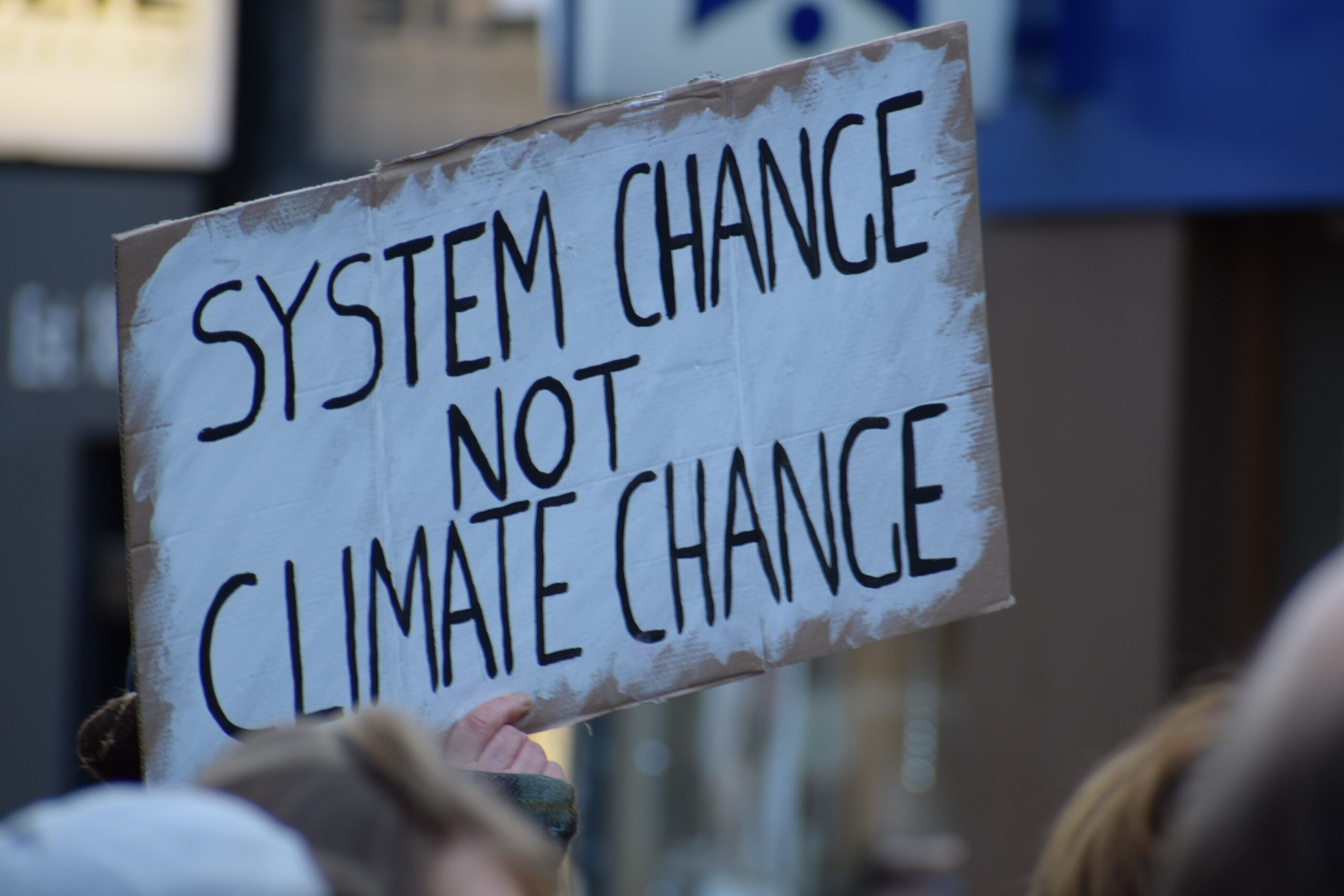The Dynamics of Protectionism
Trade has long been considered a cornerstone of economic prosperity, fostering growth and development in societies across the globe. However, the concept of protectionism, which involves implementing trade barriers to shield domestic industries from foreign competition, has also played a significant role in shaping economic policies.
Protectionism, including tariffs, import quotas, licensing requirements, safety regulations, and subsidies, are tools governments employ to regulate the flow of goods across borders. These measures aim to make foreign products more expensive and limit the volume of imports, thus safeguarding domestic industries. Protectionism serves as a lifeline for industries struggling against foreign competition and offers a nurturing environment for infant industries to thrive. Additionally, it acts as a protective mechanism for jobs and talent in strategic industries, as well as protection against import dumping. However, it can also stifle the natural competitiveness of markets, potentially leading to higher prices for consumers and retaliation from other countries.
Some economists argue that, free trade fosters truly competitive markets, encouraging companies to innovate and excel. In such an environment, quality improves, and goods and services become more affordable for consumers. Hence, striking the right balance between protectionism and free trade is essential for governments seeking to optimize economic growth while safeguarding domestic industries.
The Emergence of Green Protectionism: CBAM in the EU
In August 2023, the European Commission introduced the rules governing the implementation of the Carbon Border Adjustment Mechanism (CBAM) as a response to the pressing issue of carbon leakage. The CBAM requires European importers to disclose the amount of carbon emitted during the production of imported goods and purchase carbon credits to offset these emissions. Initially the CBAN will target carbon-intensive industries like cement, iron and steel, aluminum, fertilizers, electricity, and hydrogen, as it seeks to incentivize sustainable production practices.
However, this initiative has sparked debates and concerns, especially among developing economies. Many developing economies lack the infrastructure and systems required to measure and report carbon emissions, putting their exporters at a disadvantage. India, for instance, plans to challenge the CBAM at the World Trade Organization (WTO), while other countries are engaged in negotiations with other nations seeking potential waivers. To address these, the EU has committed to providing climate finance to support developing nations in their transition towards sustainable production.
Balancing Protectionism and Sustainable Development
The use of protectionist measures in trade policies is a contentious issue, particularly when it conflicts with the goal of sustainable development. However, more serious concern arises when such measures are justified on false environmental grounds. This not only undermines the credibility of legitimate environmental and developmental efforts but also raises questions about the integrity of the policies themselves. The WTO, while influential, cannot singularly determine the legitimacy of these measures. It is imperative that the expertise of other international institutions be leveraged in making these critical decisions. This collaborative approach ensures that protectionist policies are aligned with genuine environmental and developmental concerns, striking a delicate balance between trade interests and the greater good.
Striking a Balance
Green protectionism, exemplified by the CBAM, highlights the evolving nature of trade policies in the face of pressing environmental concerns. This approach represents a significant step towards aligning trade practices with climate goals. However, it also raises valid concerns about fairness and inclusivity, particularly for developing economies. While protectionism is a fundamental aspect of trade policies with benefits such as safeguarding domestic industries and supporting early-stage companies, it can impede natural market competition and potentially lead to higher consumer prices.
Striking a balance between protecting domestic industries and fostering a global commitment to sustainability remains a complex challenge that policymakers and stakeholders must navigate. The emergence of green protectionism signifies a crucial step towards aligning trade practices with environmental concerns, emphasizing the need for inclusive policies that support developing economies in their transition towards sustainability. By adopting a balanced approach that addresses the concerns of all stakeholders, governments can forge a path towards a more sustainable and prosperous global economy.
Author: Victor O. Nyakinda


